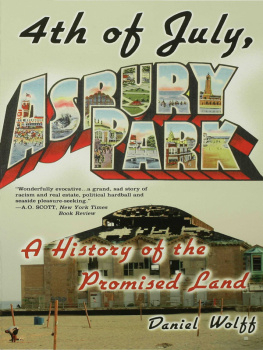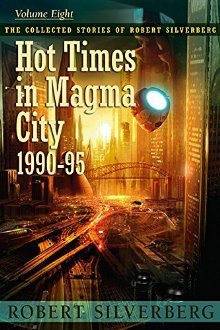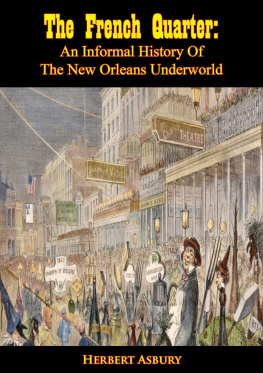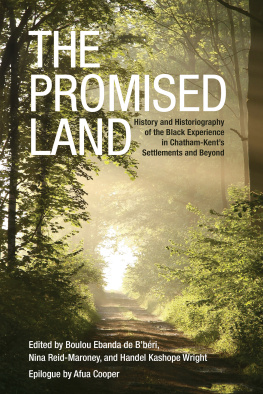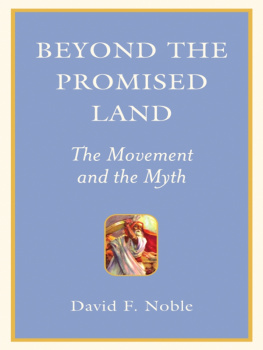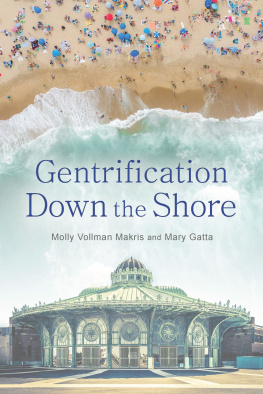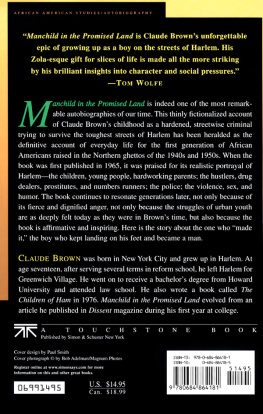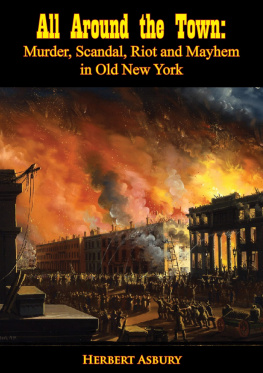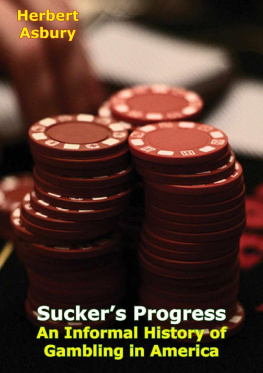Daniel Wolff - 4th of July, Asbury Park. A History of the Promised Land
Here you can read online Daniel Wolff - 4th of July, Asbury Park. A History of the Promised Land full text of the book (entire story) in english for free. Download pdf and epub, get meaning, cover and reviews about this ebook. year: 2009, publisher: Bloomsbury USA;Bloomsbury Publishing Plc, genre: Detective and thriller. Description of the work, (preface) as well as reviews are available. Best literature library LitArk.com created for fans of good reading and offers a wide selection of genres:
Romance novel
Science fiction
Adventure
Detective
Science
History
Home and family
Prose
Art
Politics
Computer
Non-fiction
Religion
Business
Children
Humor
Choose a favorite category and find really read worthwhile books. Enjoy immersion in the world of imagination, feel the emotions of the characters or learn something new for yourself, make an fascinating discovery.
- Book:4th of July, Asbury Park. A History of the Promised Land
- Author:
- Publisher:Bloomsbury USA;Bloomsbury Publishing Plc
- Genre:
- Year:2009
- Rating:5 / 5
- Favourites:Add to favourites
- Your mark:
- 100
- 1
- 2
- 3
- 4
- 5
4th of July, Asbury Park. A History of the Promised Land: summary, description and annotation
We offer to read an annotation, description, summary or preface (depends on what the author of the book "4th of July, Asbury Park. A History of the Promised Land" wrote himself). If you haven't found the necessary information about the book — write in the comments, we will try to find it.
Daniel Wolff: author's other books
Who wrote 4th of July, Asbury Park. A History of the Promised Land? Find out the surname, the name of the author of the book and a list of all author's works by series.
4th of July, Asbury Park. A History of the Promised Land — read online for free the complete book (whole text) full work
Below is the text of the book, divided by pages. System saving the place of the last page read, allows you to conveniently read the book "4th of July, Asbury Park. A History of the Promised Land" online for free, without having to search again every time where you left off. Put a bookmark, and you can go to the page where you finished reading at any time.
Font size:
Interval:
Bookmark:
4TH OF JULY,
ASBURY PARK
BY THE SAME AUTHOR
YouSend Me: The Life and Times of Sam Cooke
Work Sonnets
IN COLLABORATION WITH ERNEST C. WITHERS
The Memphis Blues Again
Negro League Baseball
4 TH OF JULY,
ASBURY PARK
A HISTORY OF THE
PROMISED LAND
DANIEL WOLFF
BLOOMSBURY
Copyright 2005 by Daniel Wolff
All rights reserved. No part of this book may be used or
reproduced in any manner whatsoever without written permission
from the publisher except in the case of brief quotations embodied
in critical articles or reviews. For information address
Bloomsbury USA, 175 Fifth Avenue, New York, NY 10010.
Constitutes an extension of this copyright page.
Published by Bloomsbury USA, New York
Distributed to the trade by Holtzbrinck Publishers
All papers used by Bloomsbury USA are natural, recyclable
products made from wood grown in well-managed forests.
The manufacturing processes conform to the environmental
regulations of the country of origin.
Library of Congress Cataloging-in-Publication Data
Wolff, Daniel J.
4th of July, Asbury Park : a history of the promised land /
Daniel Wolff.-1st U.S. ed.
p. cm.
eISBN: 978-1-59691-942-6
1. Arts New Jersey Asbury Park History. 2. Rock music New Jersey
Asbury Park History. 3. Rock groups New Jersey Asbury Park History.
4. Asbury Park (NJ.) History. 5. Asbury Park (NJ.) Intellectual life.
6. Asbury Park (NJ.) Social conditions. I. Title: Fourth of July, Asbury
Park. II. Title.
F144.A6W65 2005
974.9'46-dc22
2004026965
First published in the United States by Bloomsbury USA in 2005
This paperback edition published in 2006
1 3 5 7 9 10 8 6 4 2
Typeset by Hewer Text Ltd, Edinburgh
Printed in the United States of America
by Quebecor World Fairfield
For the ones who have a notion
Fellow Citizens: Pardon me, and allow me to ask, why am I called to speak here today?... This Fourth of July is yours, not mine.
Frederick Douglass
Rochester, New York
July 4, 1852
CONTENTS
THIS IS THE history of a place that never existed.
This is a history of the promised land.
There is a city called Asbury Park, a" place on the Jersey shore occupied by real people, where actual buildings stand in various stages of decrepitude and renewal, where the Atlantic Ocean breaks on the sand. And this book tells what happened there over the past 130 years.
But the purpose of this book is to tell the history of what Asbury Park promised.
These days, most of us know that promise through the music of Bruce Springsteen. If we've heard about the city at all, it's as the beat-up shore town where Springsteen came of age. From his first album (which he called Greetings from Asbury Park, NJ.) to his breakthrough record, Born to Run, Springsteen's jangly, almost ragtime rock & roll kept evoking the vision of a collapsing seaside amusement park. Lovers threw each other in the sand; calliopes wheezed in the background. And as his sound evolved, he also refined the way he used Asbury Park. It became a "town full of losers ' the ultimate backwater, the exhausted remains of the American dream. Against that romantic landscape, Springsteen cast himself as the young rock & roller "pulling out of here to win."
The music made Springsteen famous and Asbury Park famous, again. Soon millions of fans here and abroad could sing along with every word. When Mary's dress waved on "Thunder Road," when her front door slammed, audiences cheered the dream of breaking free. Somewhere out on the highway, Springsteen promised, there was the chance to see if love was real. And though he made it clear that chance involved leaving the dusty beach town, Asbury Park was where it all started: the beginning of the run toward freedom.
Farm kids who had never seen the ocean, kids from nice suburban homes who were born to stay put, took Asbury as their own. We recognized the fortune-teller, Madam Marie, and could find our way along the dinging boardwalk. When Springsteen sang about driving the circuit down Kingsley Avenue and back up Ocean we were with him, steering with one hand, nonchalant. We knew the backstreets, the darkness at the edge of town.
And that's because Asbury Park never existed.
At the peak of its popularity, in the early twentieth century, it wasn't really a city at all but an amusement. The economy was driven by spectacle: one hundred thousand people showing up to watch the annual Baby Parade, where hundreds of toddlers dressed up as adults and competed in a kind of miniature Miss America.
Before that, the great American writer Stephen Crane saw his hometown of Asbury Park as a symbol of the young nation's hopes and its hypocrisy, late-nineteenth-century America summed up in the smiling, sunburned tourists paying to ride wooden horses in circles.
And even before that, at its founding, Asbury Park was as much vision as reality. The contradictions were built right into its name. It was Asbury to honor Bishop Francis Asbury, the pioneer of American Methodism. The town rose on the Jersey dunes as a model religious community: a sort of mirage shimmering above earthly temptations. At the same time, the city's founder, James Bradley, saw it as a park. Not a community for its residents as much as an attraction that aimed to draw, entertain, and milk distant urban populations. For years, Asbury Park condemned "fun" as just another drug to corrupt the masses, meanwhile pushing that drug with every Ferris wheel and band concert.
So when Springsteen arrived, a hundred years after the founding, he moved into a city that was already a symbol. It had been put up not just as a place to live but to mean something. Generations of musicians had already used that symbol to make popular music. From turn-of-the-century oompah bands through the early days of jazz to the beginnings of rock & roll, Asbury Park had been part of a shore sound beach music that was all about the sometimes contradictory ideas of freedom and fun and democracy.
If anything had changed by Springsteen's time, it was the understanding of what those promises meant and how they'd been broken. Even as his E Street Band was forming, Asbury's ghetto erupted into flames. Visitors tanned on the beach while the inner city burned, and the New York Times editorialized that this racial violence had a "particular irony." But that was only true for those who had refused to see behind the grinning mask of amusement. For the people who lit the fires, Asbury's runaway American dream was as old as its history.
While this book traces that history in some detail, the narrative skips from decade to decade. That's because it's following the idea of the place: the changes in meaning. How the Methodist dream became a stronghold of the Ku Klux Klan. How the principles of capitalism were rooted in the Mob. The different signals that Asbury is giving, today, when it promises a "shorefront revival."
The specifics are the story, and Asbury Park is a unique place. But this isn't just a local history. The brand of Northern racism that characterizes Asbury Park is only exceptional to the degree that it was publicly debated and held up as a national example. Other characteristics that seemed to set the nineteenth-century resort town apart became, in the twentieth century, commonplace. Asbury pursued the trickle-down theory of economics before the name had been invented. It ran a service economy while much of the United States still saw its future in manufacturing and agriculture. It helped create the model for Las Vegas, Disney World, the mall.
Font size:
Interval:
Bookmark:
Similar books «4th of July, Asbury Park. A History of the Promised Land»
Look at similar books to 4th of July, Asbury Park. A History of the Promised Land. We have selected literature similar in name and meaning in the hope of providing readers with more options to find new, interesting, not yet read works.
Discussion, reviews of the book 4th of July, Asbury Park. A History of the Promised Land and just readers' own opinions. Leave your comments, write what you think about the work, its meaning or the main characters. Specify what exactly you liked and what you didn't like, and why you think so.

